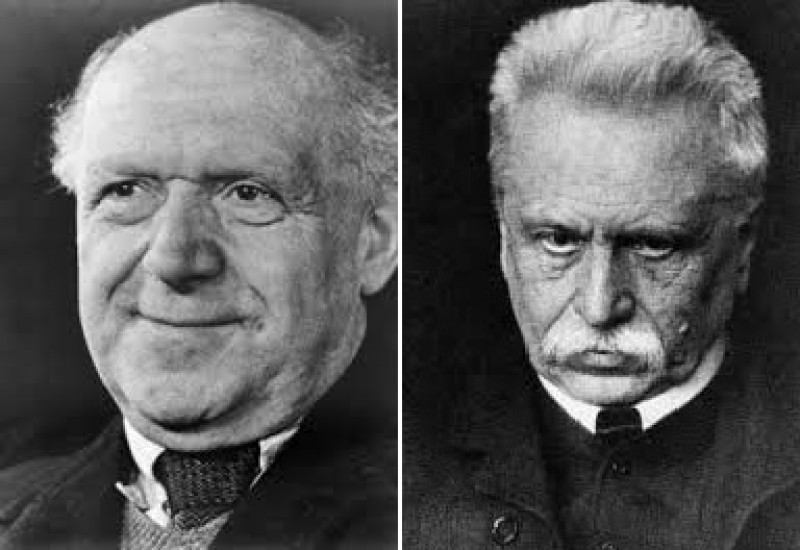News Details

The paper invites to a journey into how resource flows and value-based judgements served as inputs to socially-inclusive economic plans in the works of Otto Neurath and Josef Popper-Lynkeus, who in the 1910s and 1920s ascended as the main advocates of a heterodox, biophysical approach to economic science dubbed the “Other Austrian Economics”.
Their ideas included an emphasis on economic planning based on calculation in kind as means to regulate production and distribution processes toward improved living standards for all. Natural resource flow accounting posed as the main method through which they collected empirical evidence in order to develop new policy-relevant economic theories.
Based on their works concerning the factual nature of such socioecological flows and stocks of matter and energy, the empirical character of their assessments can hardly be denied. Conversely, they faced head-on the challenges posed by incommensurable values, and believed value-based judgements are political decisions. Hence, the more information there is about alternative economic plans, the better these decisions would be, especially in terms of a materially and energetically rational relationship between nature and society.
Read the paper here: https://journals.openedition.org/oeconomia/9296
Publication:

